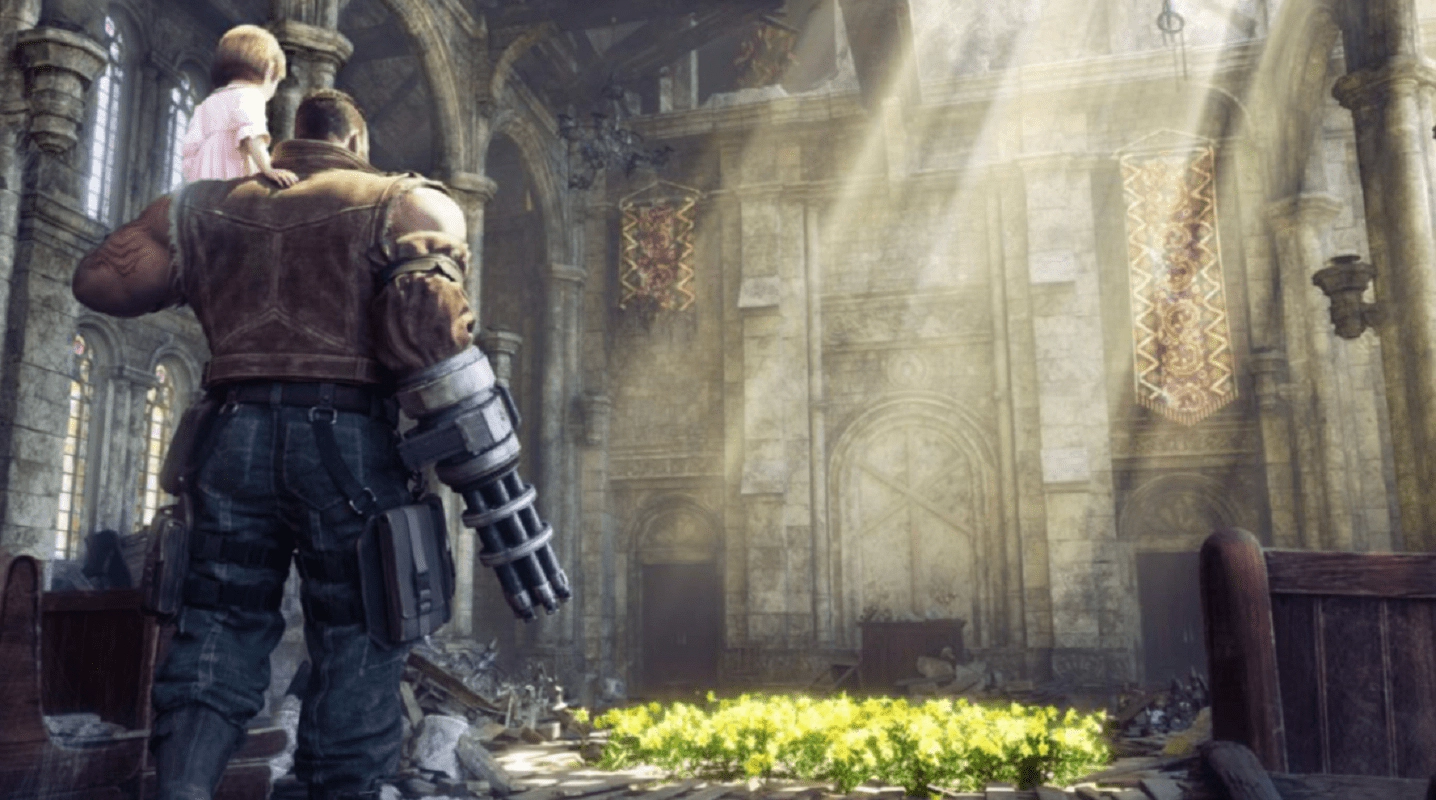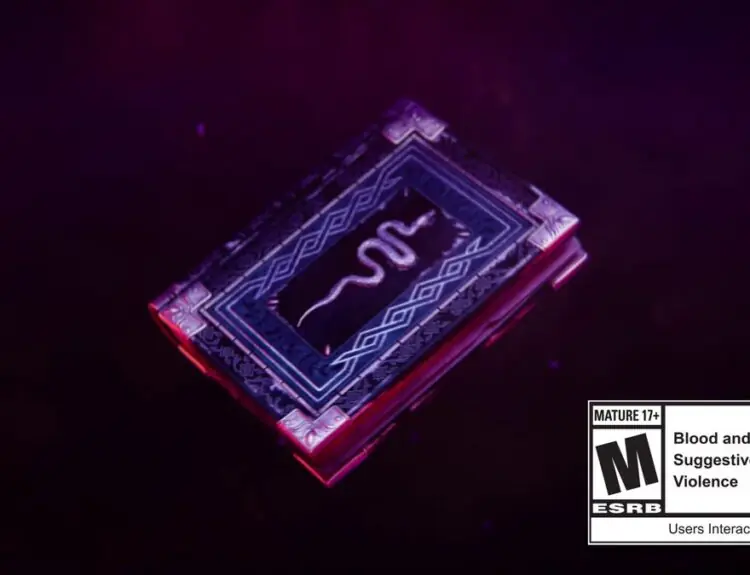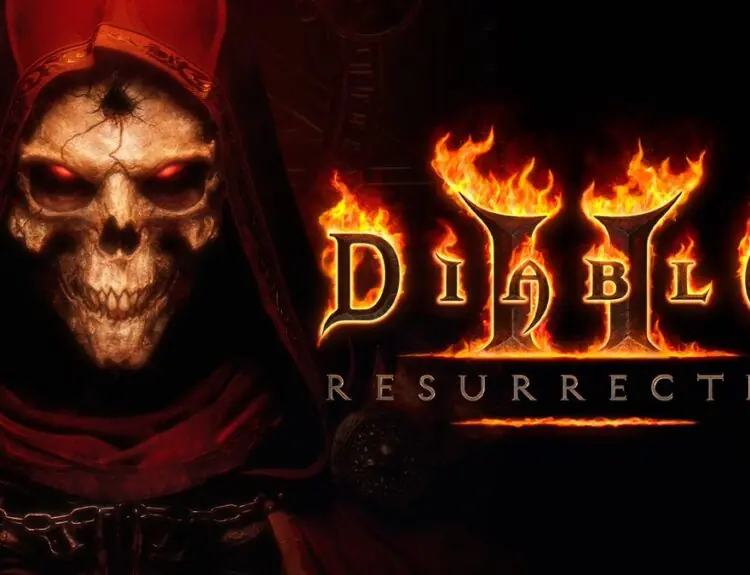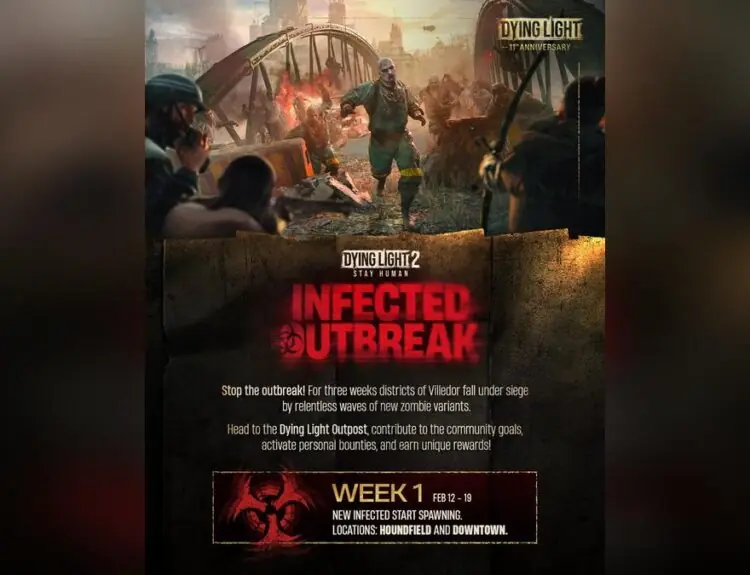Final Fantasy 7 was a masterpiece of a title when it originally came out, with a wonderfully imagined world fleshed out with dynamic and immersive environments that players would lead the party through, all to save the planet.
Final Fantasy 7 would be ported to a litany of platforms, solidifying itself as one of the most-loved Final Fantasy titles ever; easily beating Final Fantasy 9, 12, and 15.
Fans have requested a proper remaster of the title for well over a decade, and Square Enix finally capitulated and released Final Fantasy 7 Remake; a title that strangely opted to remove the pacing of FF7 in exchange for being able to get users to purchase the title multiple times in segments that have all been stretched apart into obscurity.
Hosting a plethora of filler material (such as fetch-quests that ask you to grind out monsters) that turns the masterpiece storytelling of the original Final Fantasy 7 into a new experience, Square Enix isn’t done milking the story of Cloud and Shinra by a long shot.
The question that remains is how many pieces, or parts, of Final Fantasy 7 Remake is going to stretch for; Square Enix took the first roughly eight hours of the original and stretched it to a solid forty hours; more if you chase every red herring that SE places in your path.
Sounds like Square Enix still hasn't decided how many parts Final Fantasy 7 Remake will have. https://t.co/q9hBvFLV48 pic.twitter.com/D5He68GGue
— ComicBook.com (@ComicBook) April 28, 2020
In an interview with Famitsu, Tetsuya Nomura (game director) has stated that they will be announcing precisely how many parts they’re stretching the FF7 remake into rather soon, and that the current development is going smoothly enough.
To be precise, we’re discussing what Square Enix ‘policy’ will be for the rest of the series; a move that many are equating to them finally announcing how many times we’re going to need to purchase the title in all of its piecemeal glory.
Admittedly, the title still plays wonderfully well; Square Enix took the modernized combat from FF15 and added a bit of polish, abstaining from the more traditional menu-based combat that had some fans frustrated already with the remake.
The characters, while reimagined to allow for more dialogues, are beautifully designed and animated, bringing new life into the majority of characters that aren’t one-dimensional archetypes.
It’s difficult, however, to watch a fabled title become ripped apart and lose all pretext of pacing and clarity while Square Enix try to stretch this blockbuster into new heights while muddling character arcs and reveals that made the original title into something worthy of its legendary status.
The good news is if you’re willing to wait another decade, you’ll likely be able to purchase every new remake iteration as a singular purchase on PC that might taste a bit closer to the standard pricing of games; at that point it will just be a question if its actually worth the investment of time.







